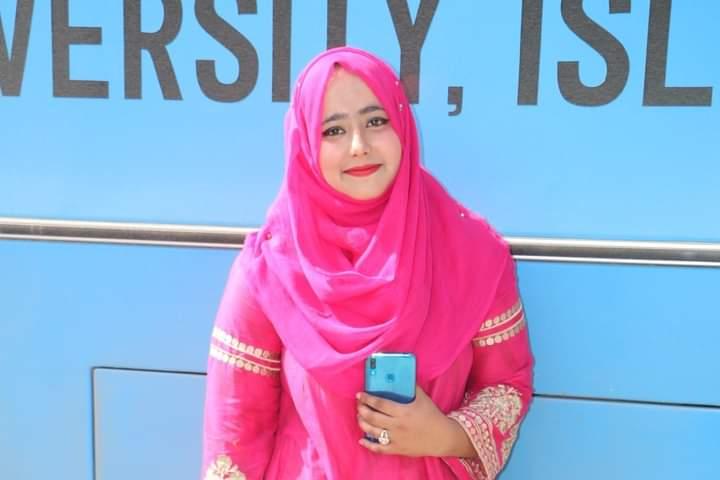
Cellular and Humoral immune responses in Covid-19 patients from local population
Abstract:
Coronaviruses are enveloped positive sense RNA viruses that are pathogenic to both animals and humans. Whole genome sequencing has shown that it belongs to the family coronaviridae in the genus beta coronavirus. World Health organization has declared almost 244,897,472 confirmed cases of covid 19 by October 2021. Covid 19 has impacted all parts of the world and was declared to be a global pandemic. When inhaled this virus starts replicating by binding to the ACE2 receptor. The genome comprises of basic four structural proteins which are spike, nucleocapsid, envelop, membrane and some nonstructural proteins as well. Infections caused by SARS-Cov2 are variable and can range from asymptomatic carriage to moderate infections to severe infections requiring oxygenation. Severe infections also led to fatalities. Host immune system is known to play a significant role in both protection against SARS infections and exacerbation of infections. Protection is acquired by both humoral and cellular immune responses, which includes elicitation of protective antibodies capable of neutralizing viruses, and increase in the number of cytokine secreting T cells.
Hypothesis: We hypothesize that variability in the outcome of infections is driven by differences in immune responses to infection.
Objective: To investigate if humoral or cellular immune responses correlate with the degree of severity of infections, where severity was characterized by the length of stay in hospital, requirement of exogenous oxygen and upregulation of proinflammatory markers.
The objective will be achieved by the following aims:
To investigate the relationship between disease parameter and antibody response.
To determine association between cellular and humoral immune responses in individuals with moderate and severe infections.
Evaluation Committee:
- Dr Shaper Mirza
- Dr Shoaib

